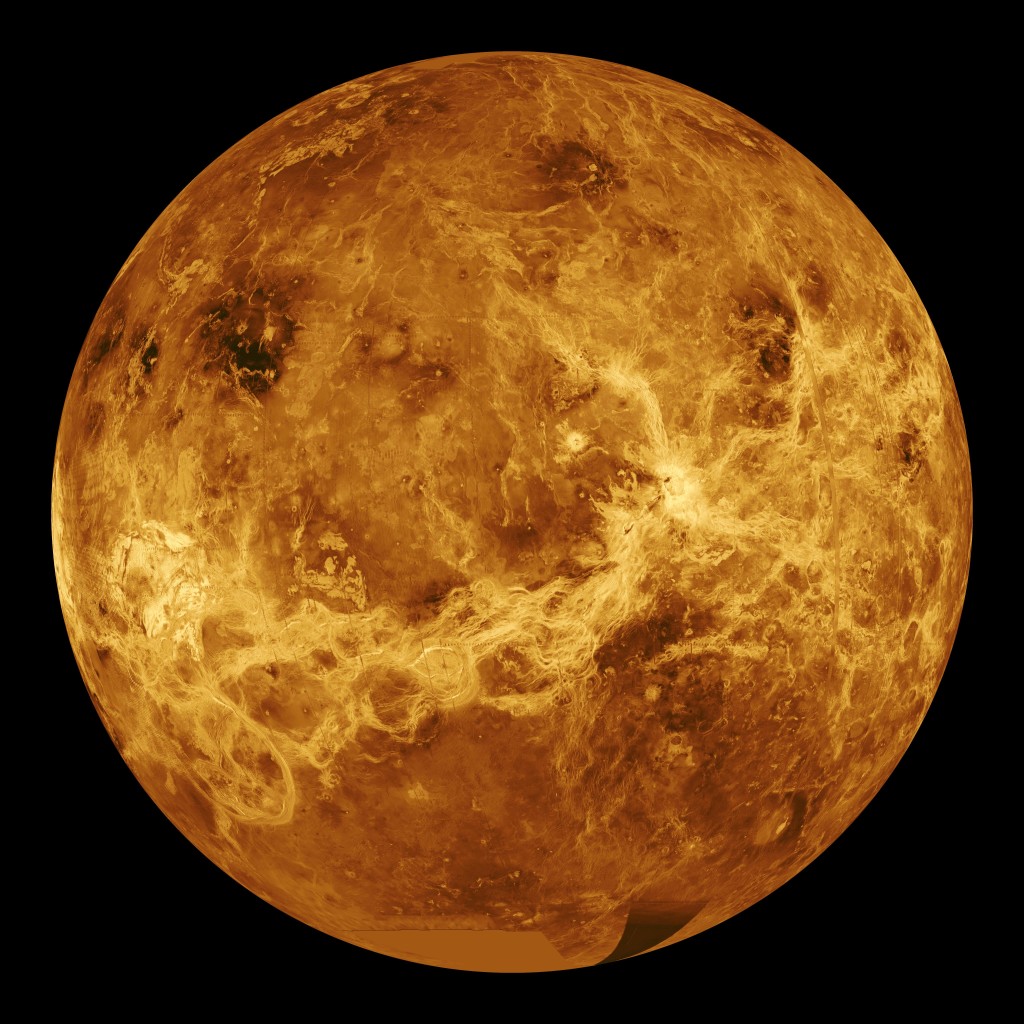 The UFO Phenomenon: Fact, Fantasy and Disinformation by John Michael Greer
The UFO Phenomenon: Fact, Fantasy and Disinformation by John Michael Greer
My rating: 5 of 5 stars
Discovered this while eBrowsing for John Michael Greer eBooks.
It never ceases to amaze me how wide Mr. Greer’s education is. Not only can he write books like The Ecotechnic Future, The Long Descent and Not The Future We Ordered, all about what the future of humanity in the mid-collapse and post-collapse world will probably at least resemble: he can juggle between rationally arguing pro and against science, “conspiracy theory”, apparitions, aliens… He’s remarkably open-minded but somehow managing to avoid the negative traits the New Age or or other spiritual movements are associated with, e.g. naivety, or confusion of science and “pseudoscience”, a term I despise but which can be used to describe a lot of what New Agers say to portray their beliefs as valid and/or worthy of so-called mainstream scientific investigation.
To cut a long story short, Mr. Greer doesn’t believe that UFOs are actual spaceships piloted by alien intelligent life; his main argument is that most UFO sightings (Unidentified Flying Objects, remember?) have been the result of a shifting public consciousness: in over 70 years, people have learned to interpret mysterious lights in the sky in very specific ways, mostly because of science fiction and popular culture that goes back to the first half of the 20th century, in turn a particularly American cultural phenomenon that for geopolitical and social reasons went global.
“I want to believe” goes part and parcel with the clumsy moves involved in the change from a world dominated by religion to one were religion has been replaced by overwhelming materialism: when there’s nothing to believe in any more, something to believe in has to be invented.
In a recurring theme for Mr. Greer, he makes the point that it’s not just the “believers” that are looking for something to latch onto: scientism, materialism and positivism are the skeptics’ pacifier, and both believers and skeptics use flawed reasoning to win over the other side. The former states that UFOs exist but fails to imagine that there can be other answers to “what is that thing flying over there?” apart from “aliens, of course!”; the skeptics, on the other hand, fail because they restrict themselves to debunking the believers: either the believers are right or they are not, which somehow gets warped to “UFOs are alien or they do not exist”, which is a false dichotomy. They of course proceed to give all the reasons why any sighting must either be a hoax, or a hallucination, or “swamp gas”; Mr. Greer is right to ask “what if a UFO sighting is legit, that is to say, not a hallucination or a hoax, there really was a strange light in the sky, but it simply was not alien?”
Before listing his own attempts at explaining UFOs, he goes over how a hypothesis has to be disprovable in order to be scientific—in fact, that’s the very basis of the scientific method. He mostly leans towards American or Soviet secret/black budget projects, as of yet unexplained natural phenomena and aethereal/immaterial encounters, reports of which have been appearing in cultures all over the world for millennia.
For me the most interesting was the chapter on the black budget projects (think Area 51) and the secret aircraft: it would actually make sense that the US government through its denial and refusal of disclosure would fuel the fires of suspicion that what its Cold War secret military projects really were were alien spacecraft and in this way muddy the waters. Get your population as well as the Ruskies to believe that UFOs are a thing and you can fly any superweapon around and draw little suspicion as to what you’re actually doing.
Mr. Greer discusses these conspiracy theories with so much data and references to draw from and paints such an easy-to-follow picture, always within context, it’s just insulting to claim the material discussed is merely conspiracies at this point. Of course, each case is unique and some are still shrouded in true mystery, but that’s precisely what Mysterious Universe is for!
Great book, amazing and inspiring man. Couldn’t stop flicking my phone’s screen running PDF Reader.
Just one thing: for all that’s good in this world, do try and find a better cover artist!






